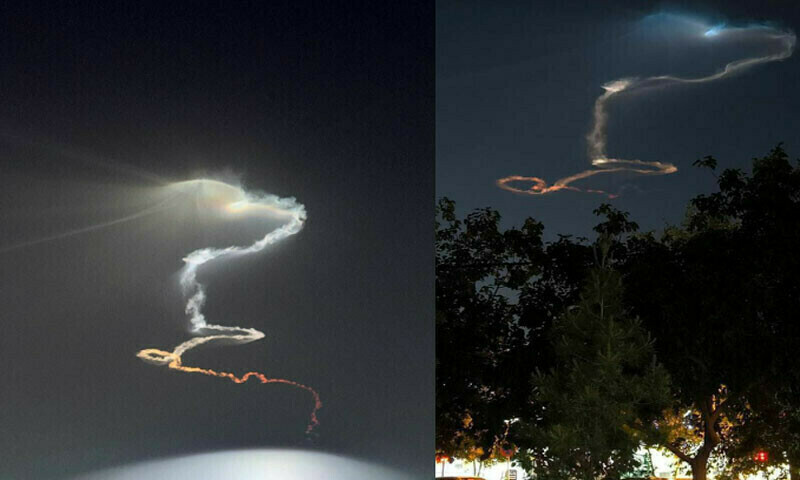Iran confirms first use of long-range Sejjil missiles in new strike on Israel
Iran’s Islamic Revolutionary Guard Corps (IRGC) on Wednesday confirmed the use of its long-range and heavy “Sejjil” ballistic missiles for the first time in a fresh wave of attacks on Israel.
The missiles were launched as part of the 12th phase of “Operation True Promise 3,” targeting multiple locations and reportedly striking key Israeli air defense systems.
According to Iranian sources, the strikes have significantly compromised Israel’s aerial defense capabilities, leaving occupied territories vulnerable to further missile and drone attacks. The IRGC warned that missile barrages would continue in a sustained and focused manner.
Iran’s Tasnim News Agency quoted a statement from the IRGC’s Aerospace Division directed at the Israeli public, claiming, “Our missiles won’t let you spend even a moment outside your underground shelters. You haven’t seen sunlight for days.”
The statement added, “The sirens will not fall silent. You must choose between a slow death in shelters or fleeing to survive the relentless 24-hour bombardment.”
Israel Responds, Claims Successful Interceptions
In response, the Israeli military reported that eight missiles were launched by Iran, primarily targeting the Greater Tel Aviv area. Authorities claimed that all incoming missiles were intercepted before impact, though warning sirens were activated across Tel Aviv, Hasharon, and several settlements in the occupied West Bank.
Hebrew-language Channel 12 reported that some Iranian missiles fell before reaching their intended targets, while others were intercepted. Israeli forces also shot down nine Iranian drones in the northern region earlier Wednesday morning.
An Israeli security official, speaking to Army Radio, described the Sejjil missile used by Iran as “exceptional in weight, structure, and payload,” noting its unprecedented nature in the current conflict.
Unprecedented Censorship in Israel
Amid the rising tensions, Israeli military authorities have introduced sweeping censorship measures. Brigadier General Kobi Mendelblit, head of the military’s censorship unit, signed an emergency directive banning the publication of any content deemed harmful to state security, capable of aiding enemy forces, provoking public unrest, or damaging national morale even across social media platforms.
The order, issued under the 1945 Emergency Defense Regulations, is regarded as the most extensive censorship move since 1988. It strictly restricts reporting on missile and drone attacks, casualties, defense infrastructure, and classified operations.
Israeli officials said the decision follows a rise in leaks related to targeted military sites and strategic installations, which could provide critical intelligence to hostile forces.
Background: Escalating Regional Conflict
The recent developments are part of a broader conflict that erupted on June 13, when Israel, with US backing, launched a military campaign against Iran.
The offensive has targeted Iranian nuclear facilities, missile sites, senior military commanders, and nuclear scientists, resulting in 224 deaths and 1,277 injuries in Iran, according to official Iranian figures.
In retaliation, Iran has launched multiple waves of ballistic missile and drone strikes into Israeli territory, reportedly killing over 30 people and injuring hundreds more.
The situation continues to deteriorate, with growing fears of a broader war involving direct US military engagement. Former US President Donald Trump has demanded Iran’s unconditional surrender and hinted at possible action against Supreme Leader Ayatollah Ali Khamenei.
The international community watches with concern as the conflict inches closer to a regional war with global implications.
For the latest news, follow us on Twitter @Aaj_Urdu. We are also on Facebook, Instagram and YouTube.
























Comments are closed on this story.